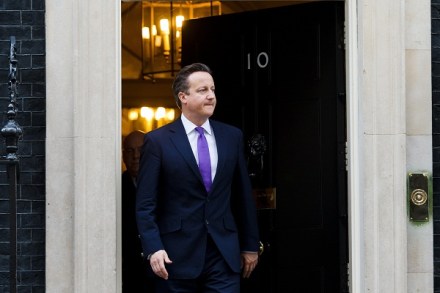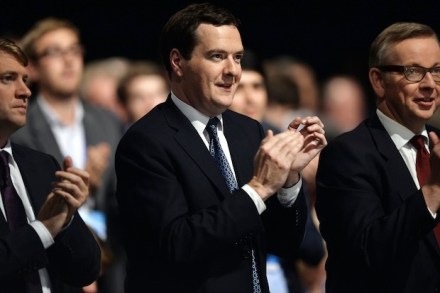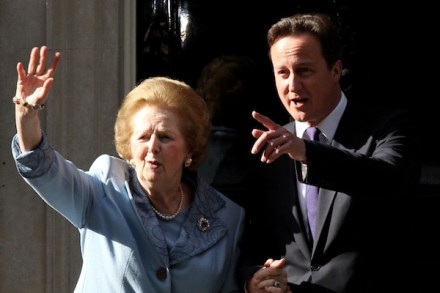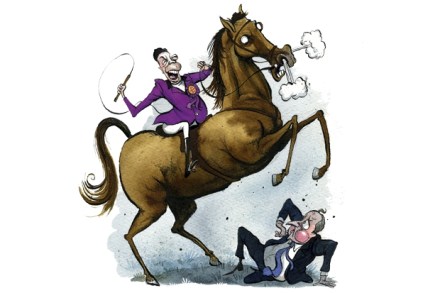It’s cohabitation, not coalition now
The Tories and the Liberal Democrats are increasingly going their separate ways. But they’ll stay in government together until the election is called. As one Whitehall Lib Dem told me recently, ‘We’re not in a coalition now. We’re just cohabiting’ During the immigration bill, it was striking how Tory Ministers abstained on the Raab amendment while Lib Dem ministers voted against. Indeed, if there had been more votes, there would have been more coalition splits for the government had agreed to suspend ‘collective responsibility’ on various amendments. Oddly enough, though, this distancing is one of the reasons why the coalition looks likely to go the distance. In this week’s magazine,




















